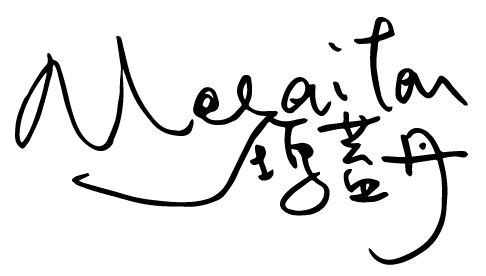isai tiakahiwan a kazakazash kataunan, ayuzi a thau lhungqizi a manasha a suun a lalawa, binanau’az lhungqizi a taun. numa ayuzi mat sa binanau’az malhkakrikriw mashashu. numa sa Amis, binanau’az ashuqrumin taun a lalawa. Paiwan a thau ayuzi mat sa binanau’az uakasaiman shduu piaqitan, numa muqay makintata pinalhi’azazak, kain shinqaan sa tuan wa buhat. antu tataal kazakazash uakasaiman a kataunan, numa mani kmalawa ayuzi mat sa binanau’az a thau antulatata a malhkakrikriw.
thathuini a binanau’az, put’uka kazakazash wa tmusuq, pashtay a thau shduu kain pu’apaw sa kushwit. ayuzi mat sa binanau’az sa buut antu tataal, maqa binanau’az mathuaw a'iaramaz, kmathu kataunan kmalawa sa faqlhu a aniamin, mathuaw painan makushwit. miazai thuini Thau binanau'az kinalawa wa kataunan, isai kataunan ya mriqaz binanau'az alhungqizi a pashtay, thaythuy pu’apaw wa mathuaw maqita riqazan. thuini a binanau'az isa mawalhnak a pruq lhungquz, minfazaq manasha aniamin, kain pu’apaw sa kushwit, numa maqa lhai a manasha sa thau mriqaz yamin yancimiin, mamzai mani ya mriqaz binanau'az kushwit.
isai ayuzi mat sa binanau’az shduu piaqitan, tuali mingkalangkan faat a thau Miniahala inai a thau a qbit sa kazakazash a kalawan naur ansuunin sa tuali. ya lhai a yancumiin matiqtha lalawa, mia’aza pasain sa lhkananai wa shinbuun, uakasaiman lhungquz a mathuaw manasha sa thau. pasain pashtiruq palhintaz ita mriqazuan, kain lhungquzi minfazaq ya makitdaudauk at'ania, piaqitan sa ininthawan numanuma.
In indigenous communities, men traditionally assume the role of handling public affairs; women take care of the family. The responsibility and roles of men and women vary from village to village. The matriarchal Pangcah society gives women the decision-making power, while the first child in a Paiwan family whose men and women enjoy an equal footing has an obligation to run and take care of the family. The culture and traditions and customs of each community not only play an important role in maintaining the social order and morals, but also set up roles suitable for each gender.
The indigenous women in the modern world, on the other hand, have become less constrained by the gender roles dictated by their culture, and hence, enjoy more freedom than their predecessors. Apart from physical constraints, women are raised up to be more considerate and sensitive; and when it comes to community development and other issues, they often voice their opinions with a much broader influence. This can be illustrated by the fact that the Thao people serving on the Council of Indigenous Peoples are all female, and so are the caretakers in indigenous communities. They are impeccable and irreplaceable at work. Most of the indigenous women of the new generation growing up in cities have more access to various and diversified cultural and educational resources, and can integrate what they have learned with their specialty. They dazzle us professionally with women’s capabilities and help raise the indigenous peoples’ profile.
In terms of advocating gender equality, the Indigenous Peoples Cultural Foundation, will do our duty as a press operator. We will introduce more diverse perspectives on gender, as well as report relevant issues at home and abroad in order to broaden the horizon and develop the critical thinking of our audience and readers. Only when our audience and readers start to learn, digest, and understand, will they be able to discuss issues more rationally, and reflect upon themselves to make gender equality possible and sustainable.
naur kazash a kalangkan
CEO of the Indigenous Peoples Cultural Foundation





